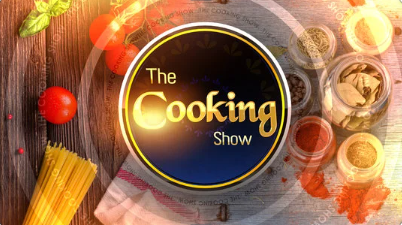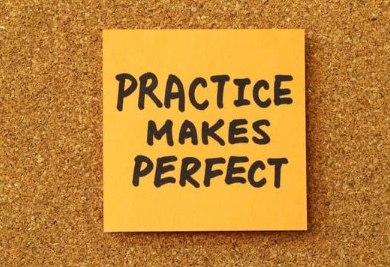10 Tips to Teach Yourself to Cook: A Beginner's Guide
Cooking is a valuable skill that can bring joy, save money, and lead to healthier eating habits. Home cooking is more than just preparing meals; it's a rewarding experience that nourishes both body and soul. It allows you to take control of what you eat, explore flavors, and create memories with loved ones. Whether you're a beginner or a seasoned cook, mastering the art of cooking at home brings numerous benefits.
If you're ready to embark on your culinary journey, here are 10 tips to help you teach yourself to cook.
1. Start with Basic Recipes
Begin your cooking adventure with simple recipes that have few ingredients and straightforward steps. Classic dishes like scrambled eggs, pasta with tomato sauce, or a basic salad are great starting points. These recipes will help you get comfortable with basic cooking techniques and build your confidence.
2. Watch Cooking Videos and Shows
Visual learning can be incredibly effective. Watch cooking shows, YouTube tutorials, and Instagram reels from chefs and home cooks. Pay attention to their techniques, tips, and tricks. Seeing the process can make it easier to replicate in your kitchen.
3. Invest in Essential Tools
Having the right tools can make cooking more enjoyable and efficient. Start with a good chef's knife, a cutting board, measuring cups and spoons, a skillet, and a saucepan. These essentials will cover most basic cooking tasks and make the process smoother.
Checkout my most used cooking tools here.
4. Learn Knife Skills
Proper knife skills are fundamental to cooking. Learn how to hold a knife, make basic cuts (such as dicing, slicing, and chopping), and maintain your knife. This will not only make your prep work faster but also safer.
5. Understand Basic Cooking Techniques
Familiarize yourself with basic cooking techniques like sautéing, boiling, roasting, and grilling. Understanding these methods will help you read and follow recipes more easily. Each technique has its own set of principles that can be applied to a wide range of dishes.
6. Experiment with Ingredients
Don’t be afraid to experiment with different ingredients and flavors. Start by adding herbs and spices to your dishes to see how they change the taste. Experimentation is key to finding out what you like and developing your own cooking style.
7. Cook Regularly
Practice makes perfect. Try to cook at least a few times a week to build your skills and confidence. The more you cook, the more you’ll learn about timing, flavor combinations, and kitchen organization.
8. Follow Recipes at mykitchenandme.blogspot.com
When you're starting out, following recipes closely can help you learn new techniques and understand ingredient ratios. Choose recipes from reliable sources with clear instructions. As you get more comfortable, you can start improvising.
9. Taste As You Go
Tasting your food throughout the cooking process is crucial. It helps you adjust the seasoning and ensure the flavors are developing as expected. This habit will improve your understanding of how flavors interact and enhance your dishes.
10. Stay Organized and Clean
Keeping your workspace clean and organized makes cooking more enjoyable and less stressful. Clean as you go, put ingredients back in their place, and organize your tools. An organized kitchen helps you focus on the cooking process and improves efficiency.
Learning to cook is a rewarding and empowering journey. By starting with basic recipes, investing in essential tools, practicing regularly, and experimenting with flavors, you'll gradually build your skills and confidence in the kitchen. Remember, every great chef started as a beginner. Enjoy the process and have fun creating delicious meals!
Ready to get started? Try out one of our easy beginner recipes like this Pandan Chicken and share your cooking journey with us in the comments below!










Comments